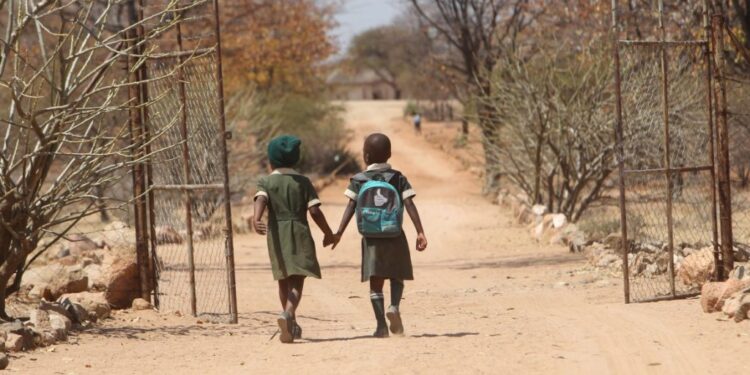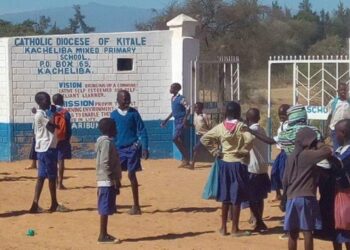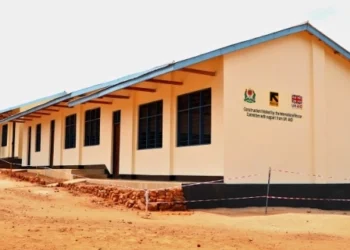Extreme weather events such as heat waves, floods, and cyclones have disrupted education for millions of children worldwide, with middle and low-income countries facing the greatest challenges, according to a recent report by the United Nations Children’s Fund (UNICEF).
The report, released Friday, underscores how the ongoing climate crisis threatens the future of education, with 242 million children across 85 countries unable to attend school in 2024 due to extreme conditions.
Globally, one in seven students has been affected by climate-related disruptions, as severe weather events hinder access to education. UNICEF emphasized that education remains a neglected aspect of broader climate discussions.
Last year was recorded as the hottest in history, with global temperatures surpassing the critical 1.5°C warming threshold, further exacerbating the impact of extreme weather.
South Asia has been the hardest-hit region, where heat waves affected 171 million children.
In April, extreme temperatures in countries such as India, Bangladesh, Cambodia, and Thailand disrupted schooling for 118 million children.
Additionally, Typhoon Yagi worsened the crisis in East Asia and the Pacific later in the year.
India bore the brunt of the disruptions, with over 128 million children affected.
Flooding in Pakistan destroyed more than 400 schools, while heat waves followed by flooding in Afghanistan in May led to the loss of 110 schools.
According to the report, 74% of affected children were in middle and low-income countries, highlighting the disproportionate impact on vulnerable communities.
Southern Africa faced prolonged droughts linked to El Niño, as well as cyclones and storms, leaving many children unable to access education.
UNICEF Executive Director Catherine Russell criticized policymakers for neglecting education in climate discussions, noting that children are particularly vulnerable to extreme weather due to their physical limitations.
Russell also highlighted how damaged infrastructure, flooded transportation routes, and unbearable classroom temperatures prevent children from learning effectively.
The report calls for urgent integration of education into global climate policies to protect the future of children in affected regions.


















































































 EduTimes Africa, a product of Education Times Africa, is a magazine publication that aims to lend its support to close the yawning gap in Africa's educational development.
EduTimes Africa, a product of Education Times Africa, is a magazine publication that aims to lend its support to close the yawning gap in Africa's educational development.